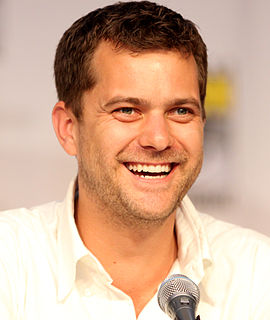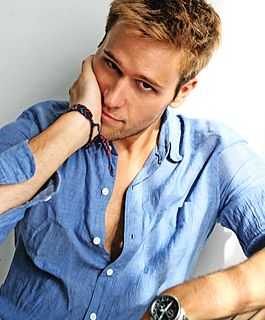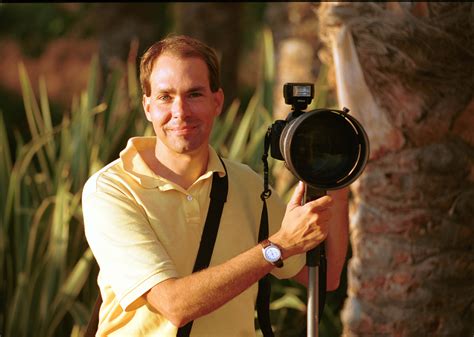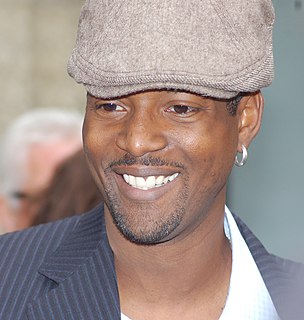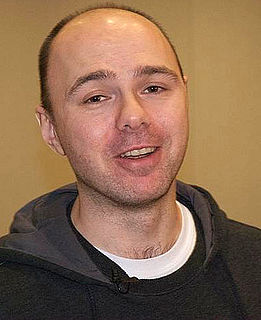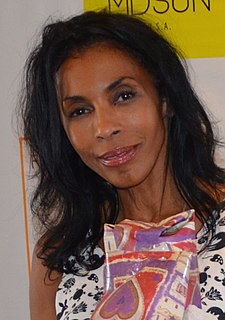A Quote by Joshua Jackson
If you don't like my work in 'The Affair,' that's fine, but I'll stand by the work because I felt that everything that went on camera was what I intended to go on camera.
Related Quotes
The difference between an amateur and a professional photographer is that the amateur thinks the camera does the work. And they treat the camera with a certain amount of reverence. It is all about the kind of lens you choose, the kind of film stock you use… exactly the sort of perfection of the camera. Whereas, the professional the real professional – treats the camera with unutterable disdain. They pick up the camera and sling it aside. Because they know it’s the eye and the brain that count, not the mechanism that gets between them and the subject that counts.
You really feel like you're on the cutting edge and you know you are because all the camera equipment you take for granted doesn't exist for 3-D. So all the cranes with all the stabilized heads, they don't work on 3-D because they're all built for lightweight camera packages. As soon as you kind of put two cameras together and all the other crap that they need and the cabling to go back to the computers, we've literally, the cranes on these movies, they break after a couple of days.
Zooming in, zooming out. I was shocked. I said, "Let's erase this right now, put the camera behind the stage and I'll do the performance just for the camera." He set up everything and I told him to go outside and smoke a cigarette. Come back when I finish. Don't touch the camera. This was the way how I've done most everything after that.
